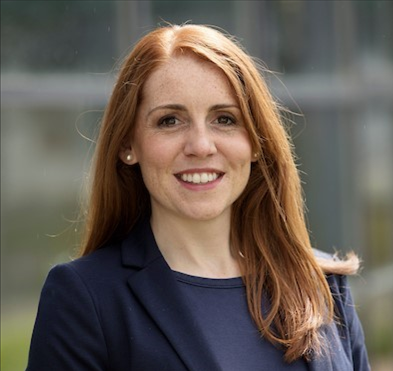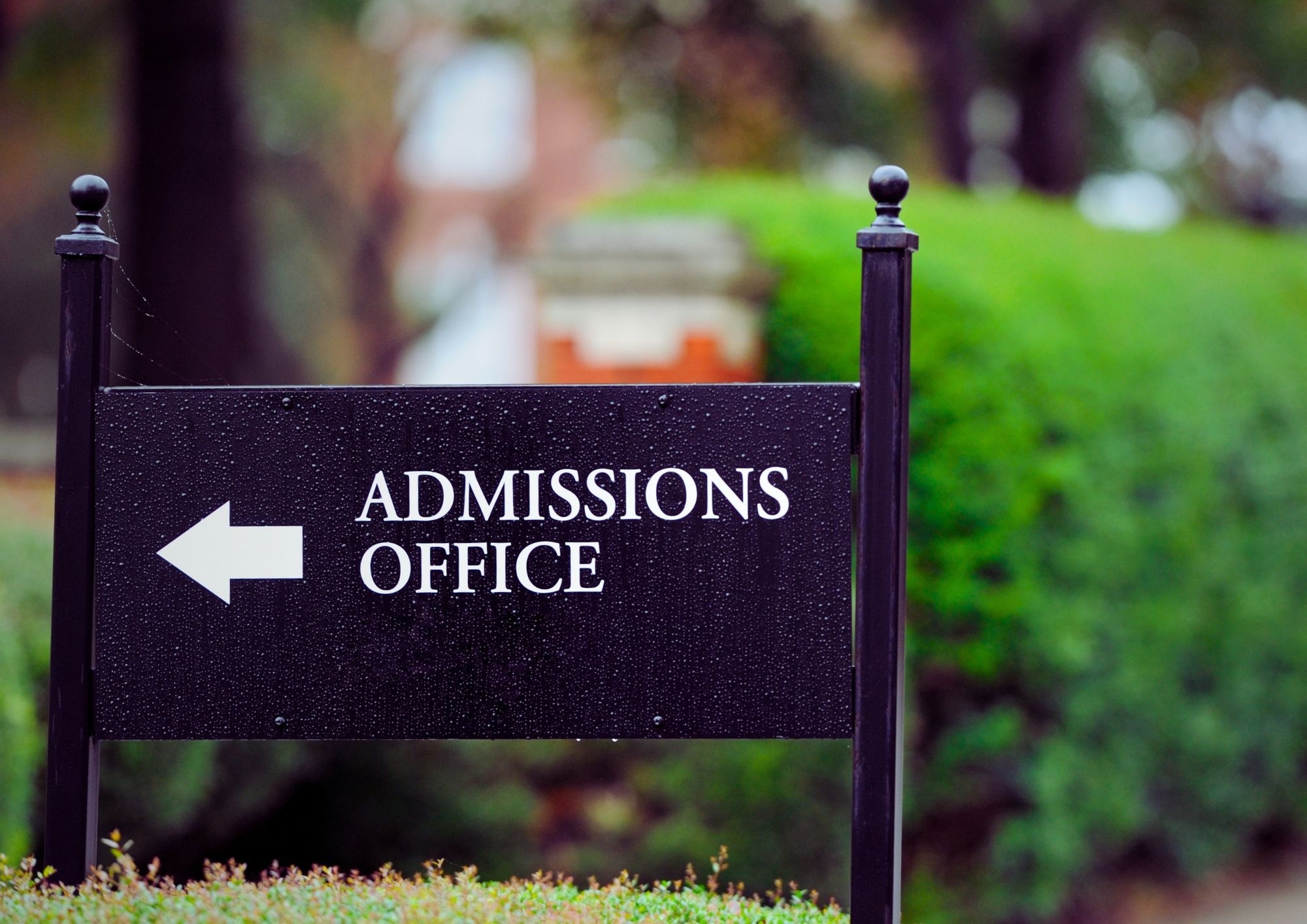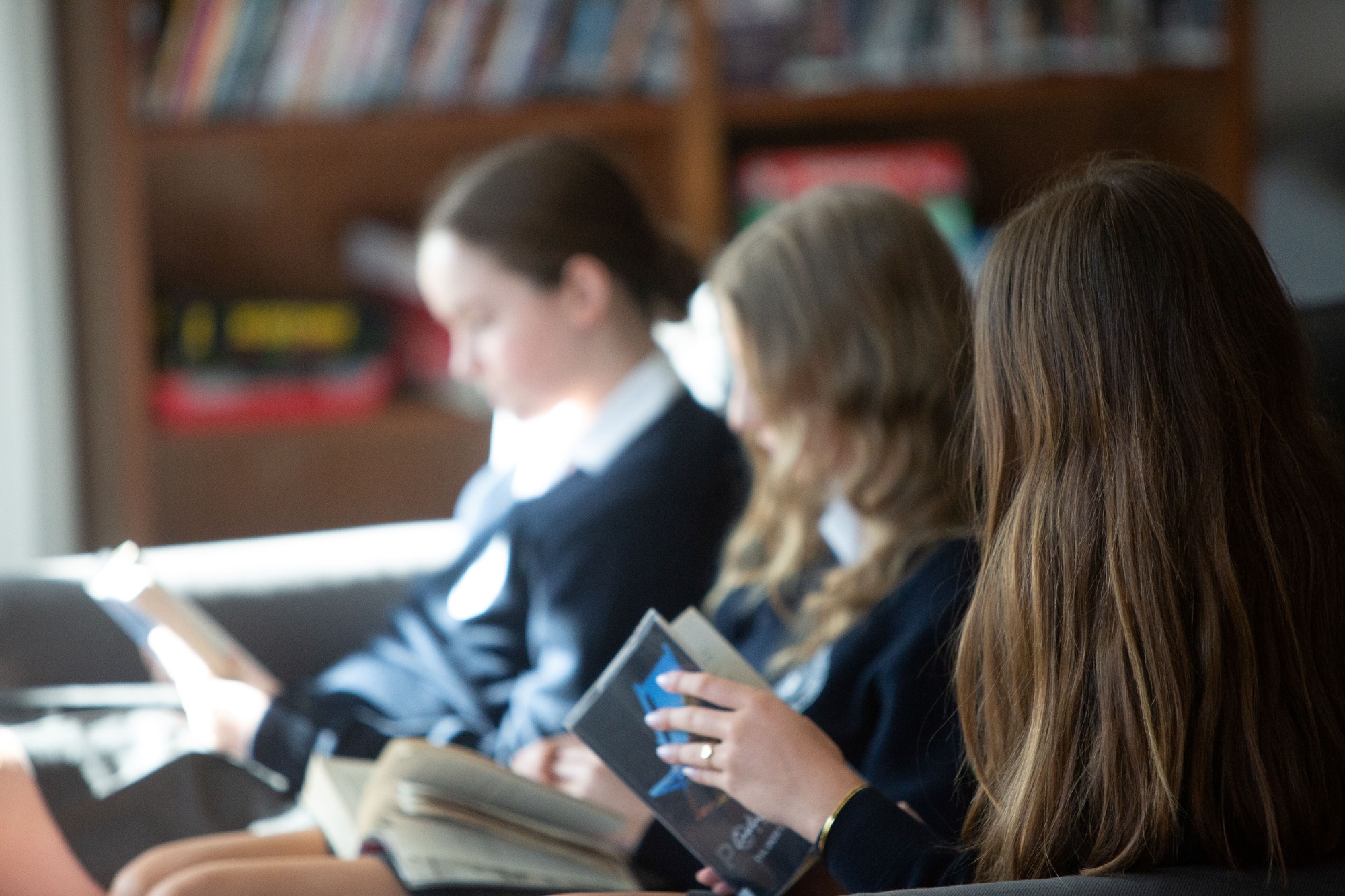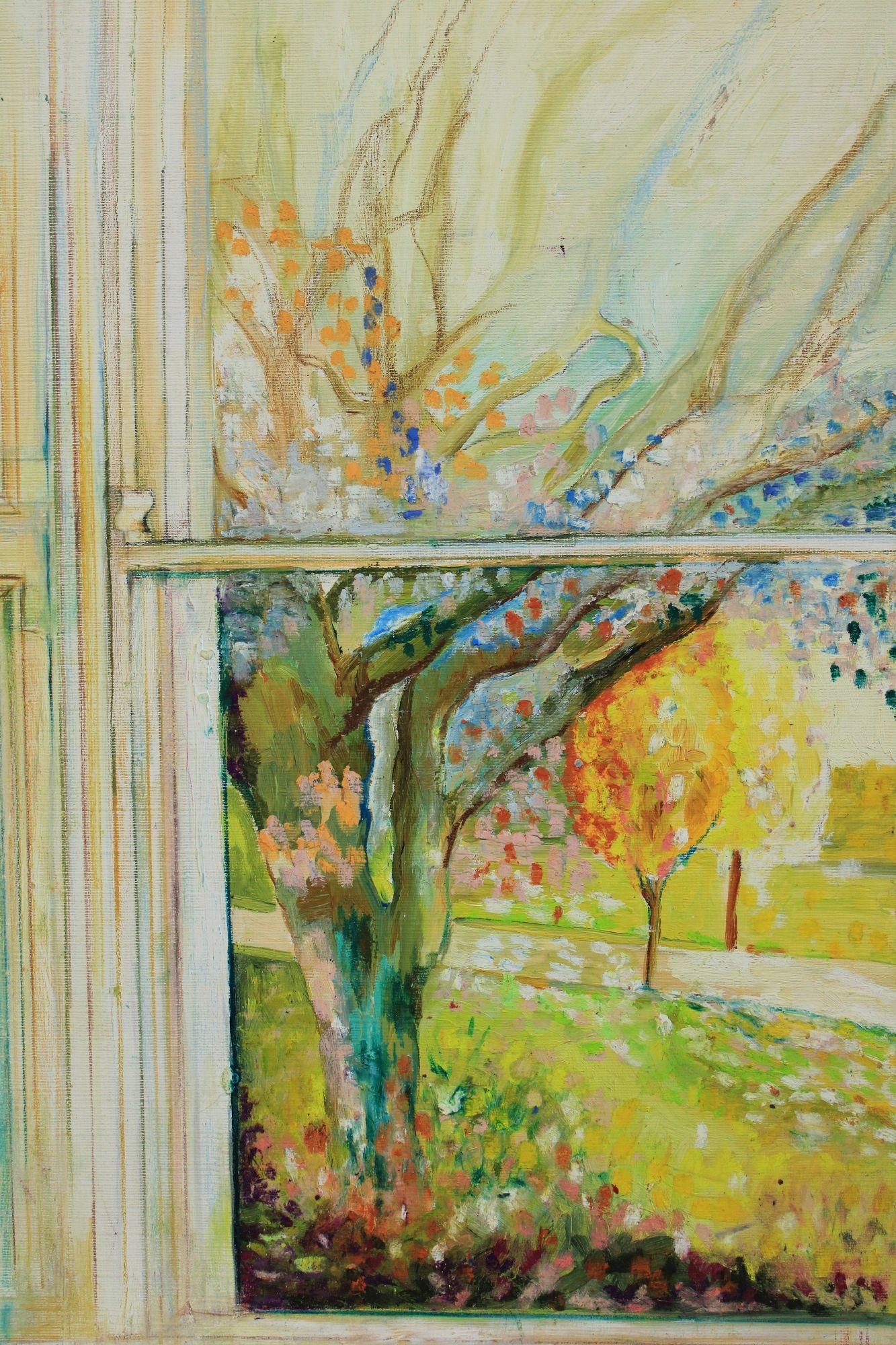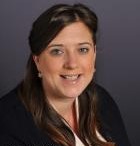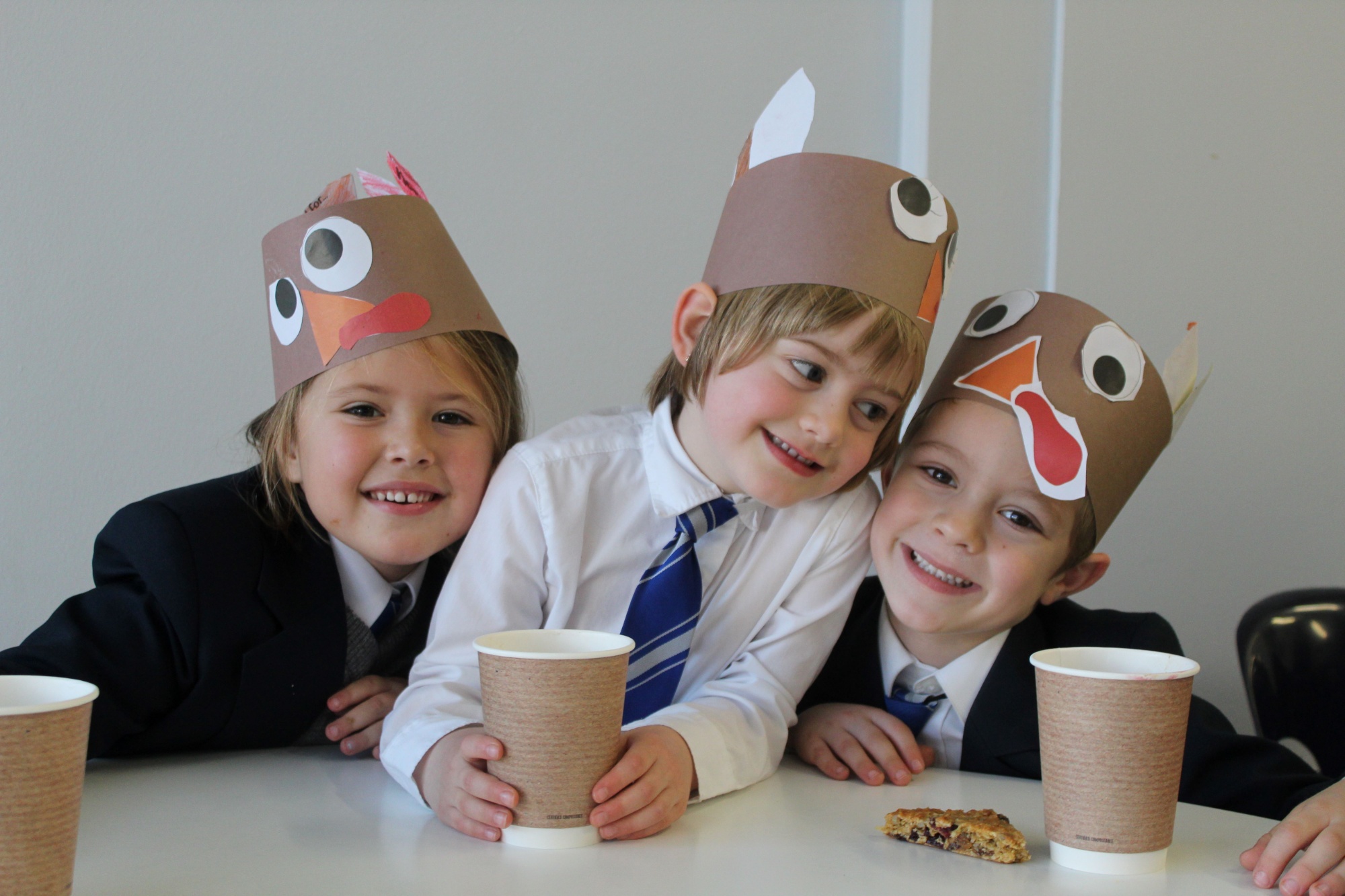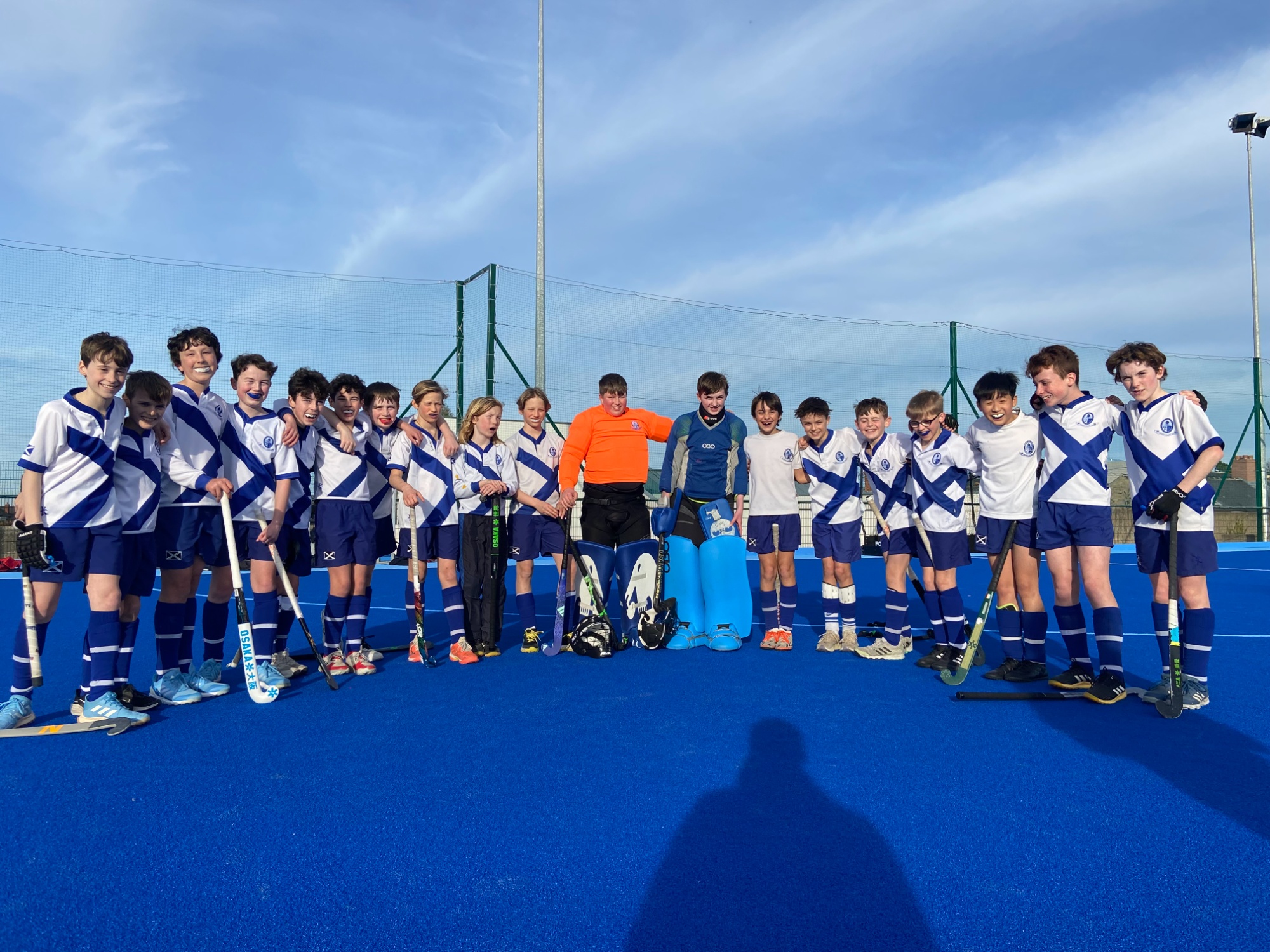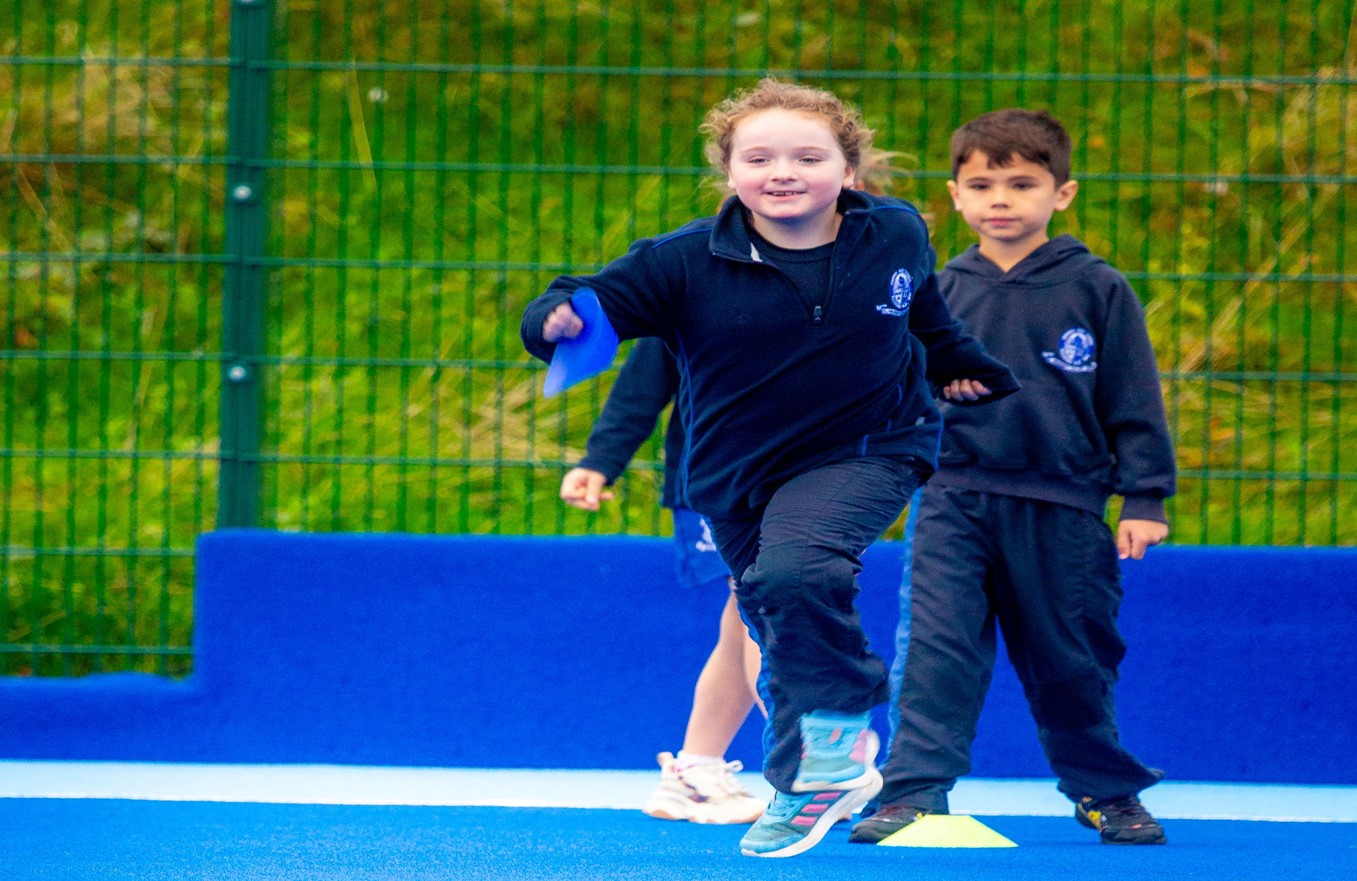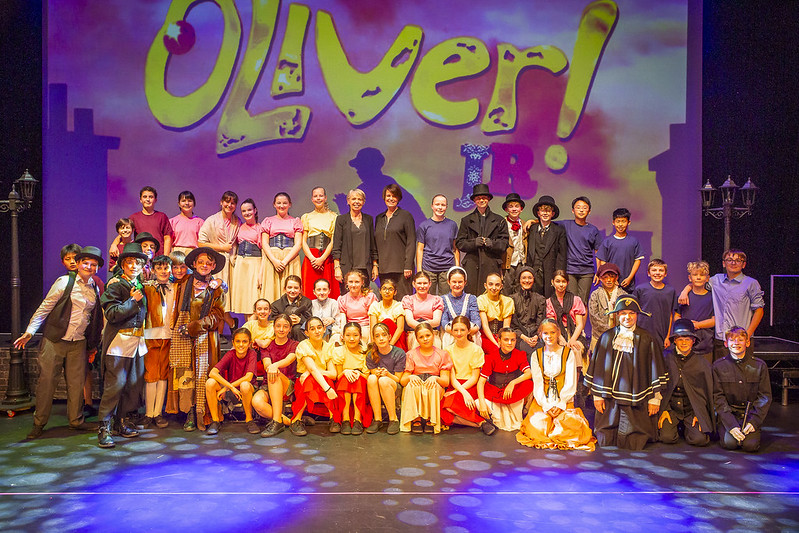History
1890
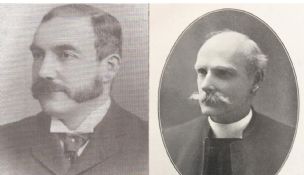 A group of Presbyterian clergymen meet to discuss a proposal by the Reverend James Denham Osborne of Rutland (Parnell) Square Presbyterian Church ‘to establish a High School , where our Presbyterian children can have the very best education.'
A group of Presbyterian clergymen meet to discuss a proposal by the Reverend James Denham Osborne of Rutland (Parnell) Square Presbyterian Church ‘to establish a High School , where our Presbyterian children can have the very best education.'
1894
On 8 January St Andrew’s College opens its doors at 21, St Stephen’s Green, to 64 pupils, 11 of whom are aged 10 or under. The first Headmaster was William Woods Haslett from Co. Down, Classical Scholar.
pupils, 11 of whom are aged 10 or under. The first Headmaster was William Woods Haslett from Co. Down, Classical Scholar.
1905
A Branch Preparatory School ‘Rathgar Boys’ Preparatory School’ is established at 47 Rathgar Road.
1906
The Senior Cup Team wins its first Leinster Senior Cup in Rugby.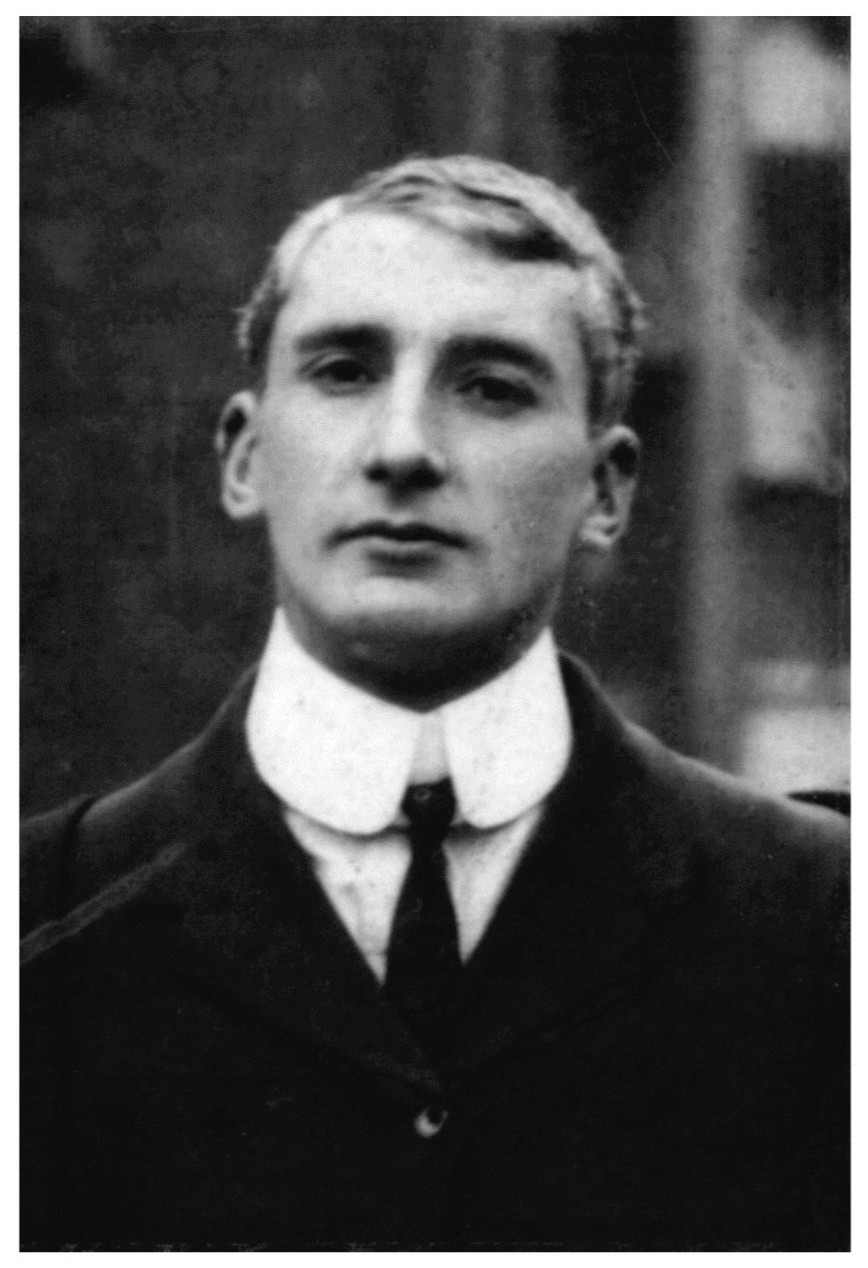
Following the sudden death of William Woods Haslett, William Godfrey Watson Sullivan, Classical Scholar from Monkstown, Co. Cork is appointed Headmaster.
1911
Alexander S.M. Imrie, Scotsman and ‘University prizeman in mathematics, physics,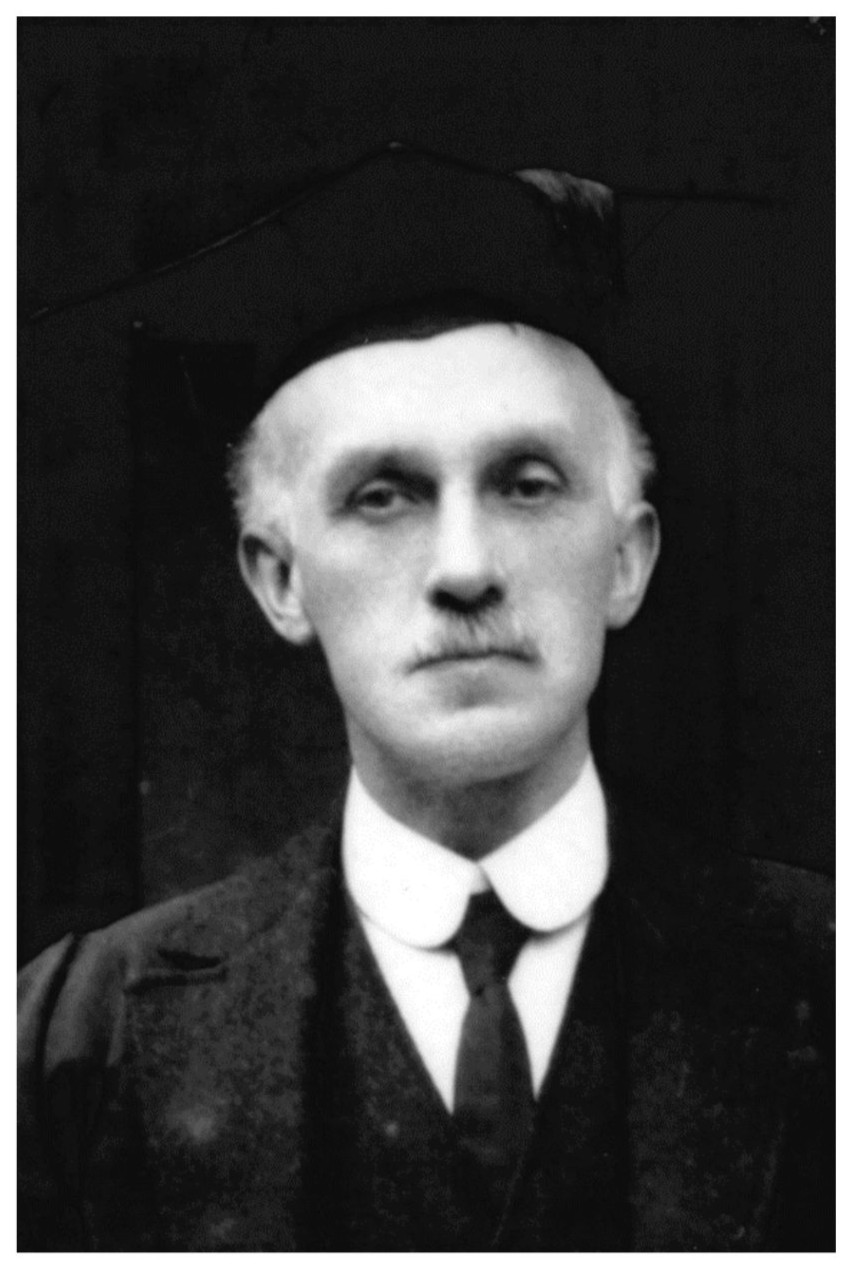 chemistry, botany’ is appointed Headmaster.
chemistry, botany’ is appointed Headmaster.
St Andrew’s College is one of the first Irish schools to form an Officers’ Training Corps, its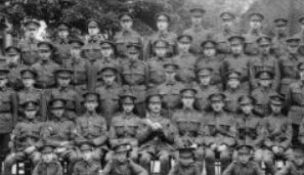 membership rising to over 80 boys during World War I. The Old Boys’ Union, forerunner of St Andrew’s College Alumni, is formed.
membership rising to over 80 boys during World War I. The Old Boys’ Union, forerunner of St Andrew’s College Alumni, is formed.
1914
At least 688 past pupils, 32% of the total SAC population, volunteered during the First World War. 98 died during the war, with many more dying prematurely afterwards.
1921
The stained glass window, War Memorial and Roll of Honour are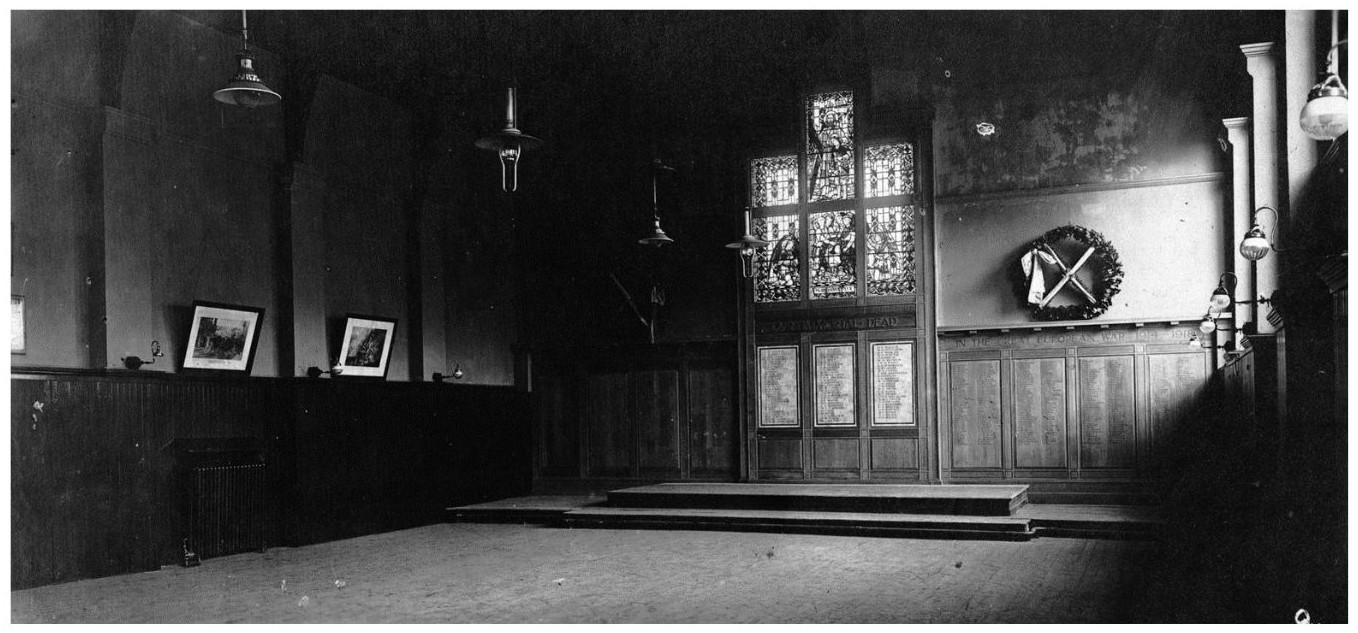 unveiled.
unveiled.
1927
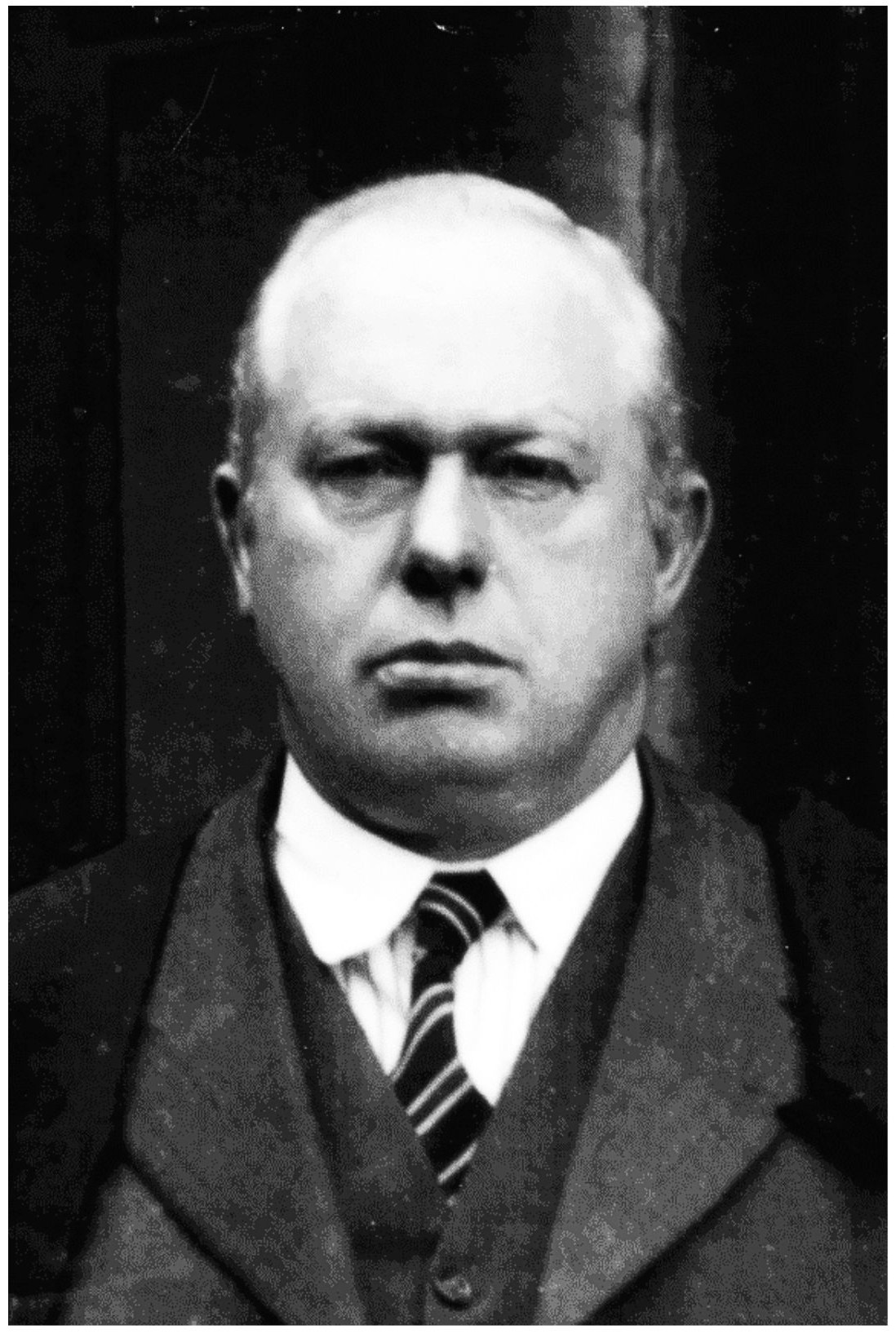 Robert M. Scott is appointed Headmaster, joining from Masonic Boys’ School where he was Senior Classical Master.
Robert M. Scott is appointed Headmaster, joining from Masonic Boys’ School where he was Senior Classical Master.
1937
In response to falling student numbers and financial difficulties, St Andrew’s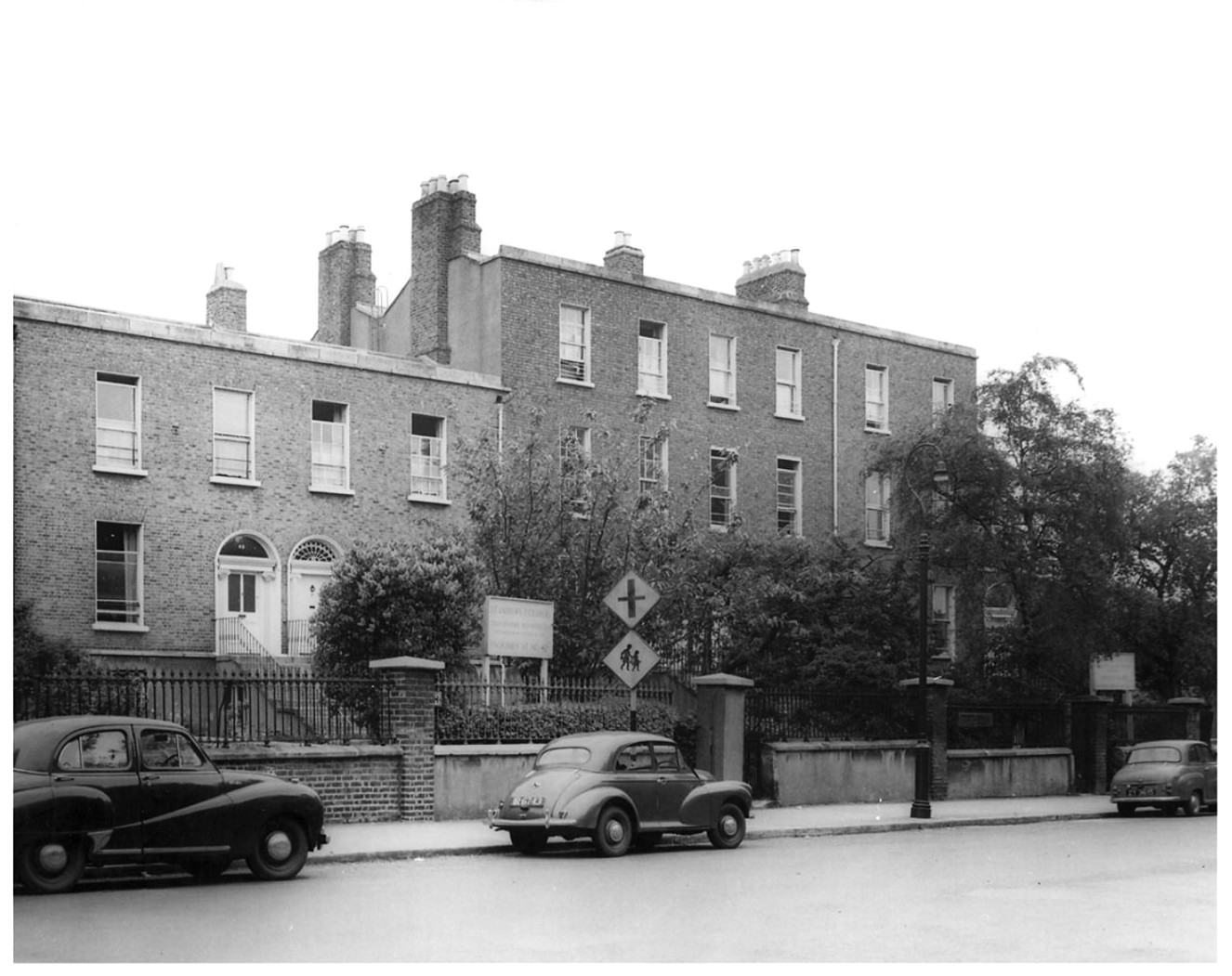 College moves to 47-51 Wellington Place, Donnybrook.
College moves to 47-51 Wellington Place, Donnybrook.
1938
Past-pupil and Board member, Dr Kenneth Bailey, is joined in his opposition to amalgamation with The High School by parent Mrs Mary Arnott Collen. Helped by a newly established Endowment Fund, they successfully persuade the Dublin Presbytery that St Andrew’s should remain independent.
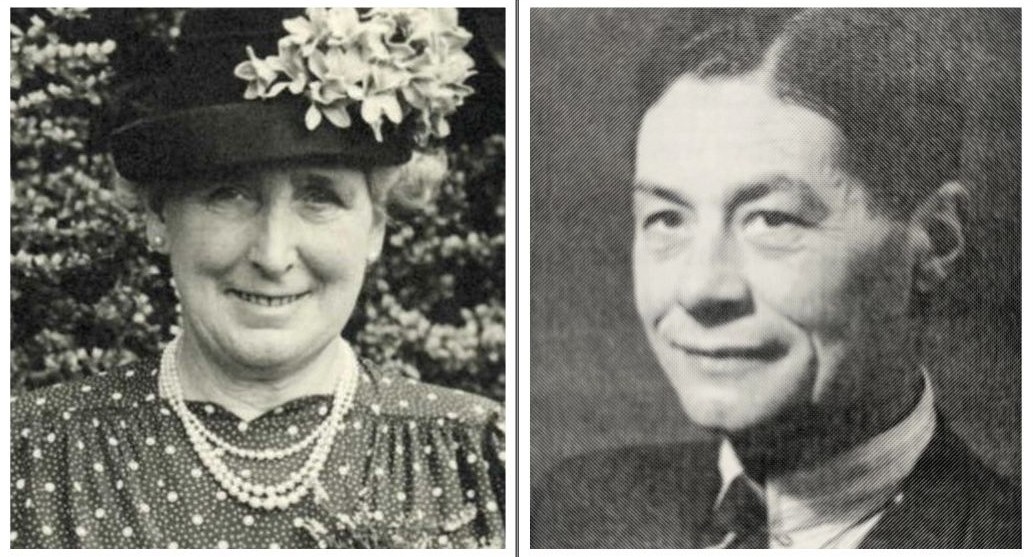
Philip James Southgate is appointed Headmaster. He was formerly Senior Classical Master at St Columba’s College, Rathfarnham.
1939
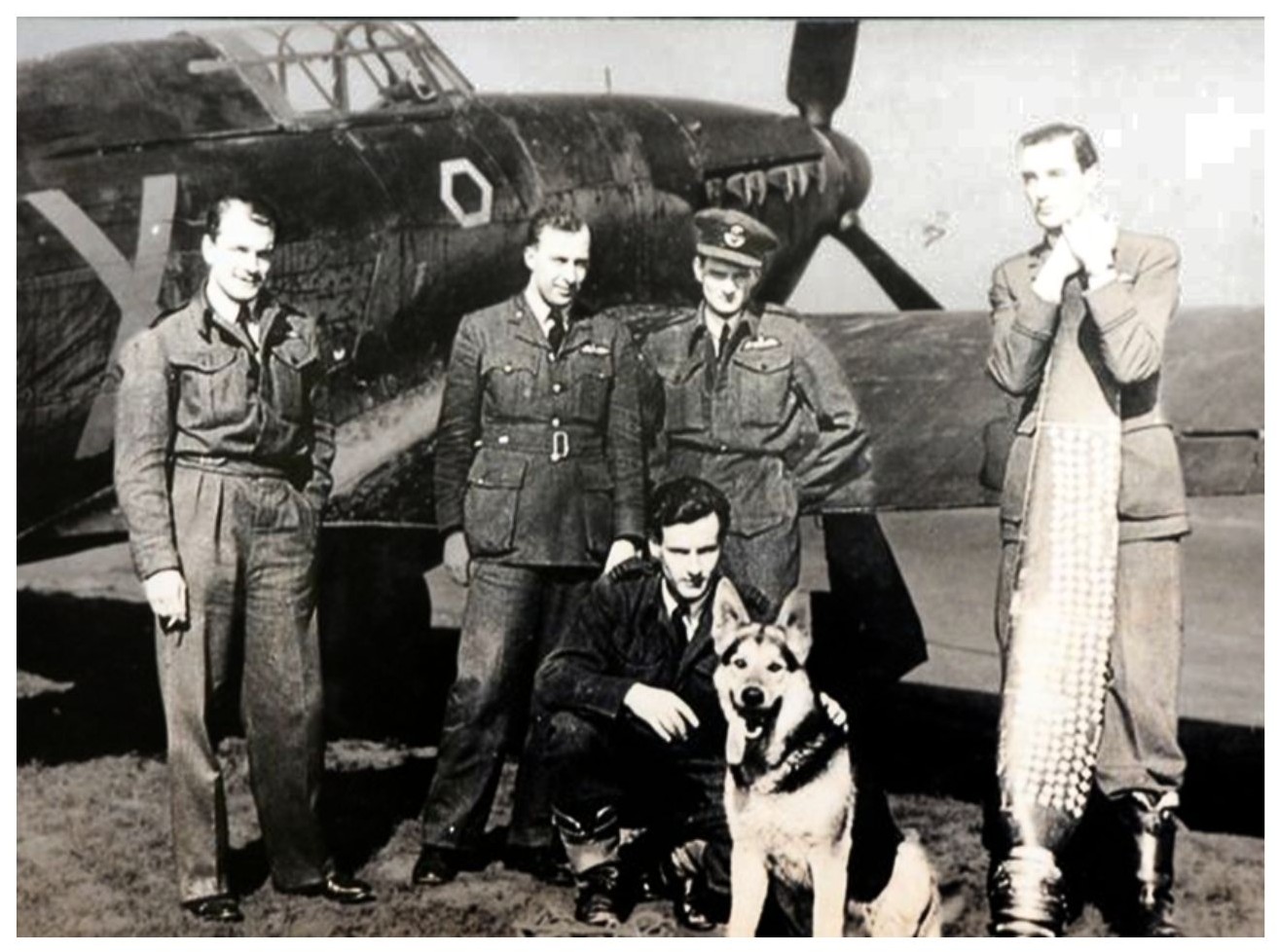 240 past pupils serve in British and Allied Forces during World War II. 36 are killed in action.
240 past pupils serve in British and Allied Forces during World War II. 36 are killed in action.
1943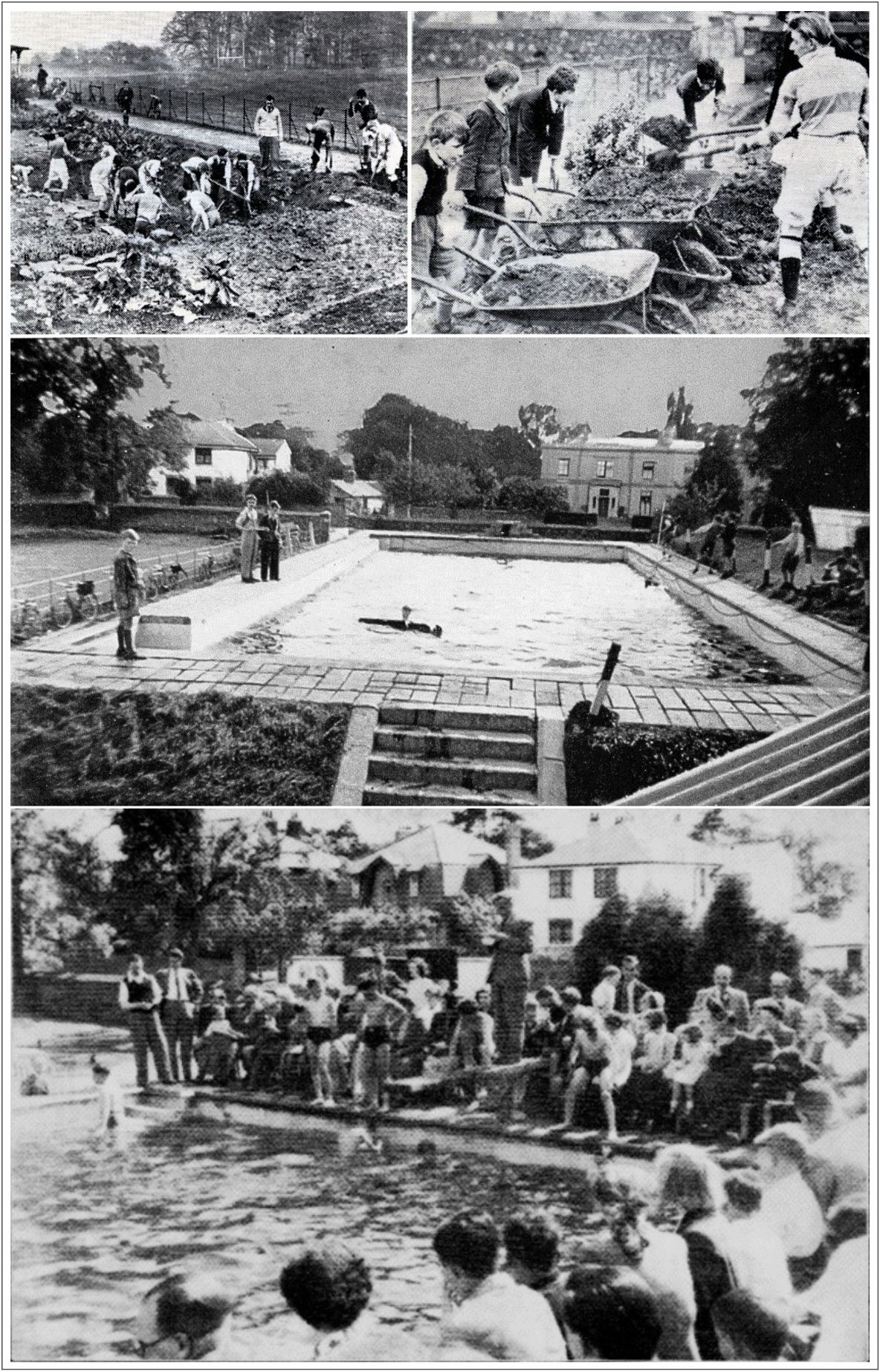
Work begins on the Jubilee Swimming Pool in the College’s Donnybrook sports grounds.
1944
The College celebrates its Jubilee.
1967
Portadown native James Duke is appointed Headmaster. 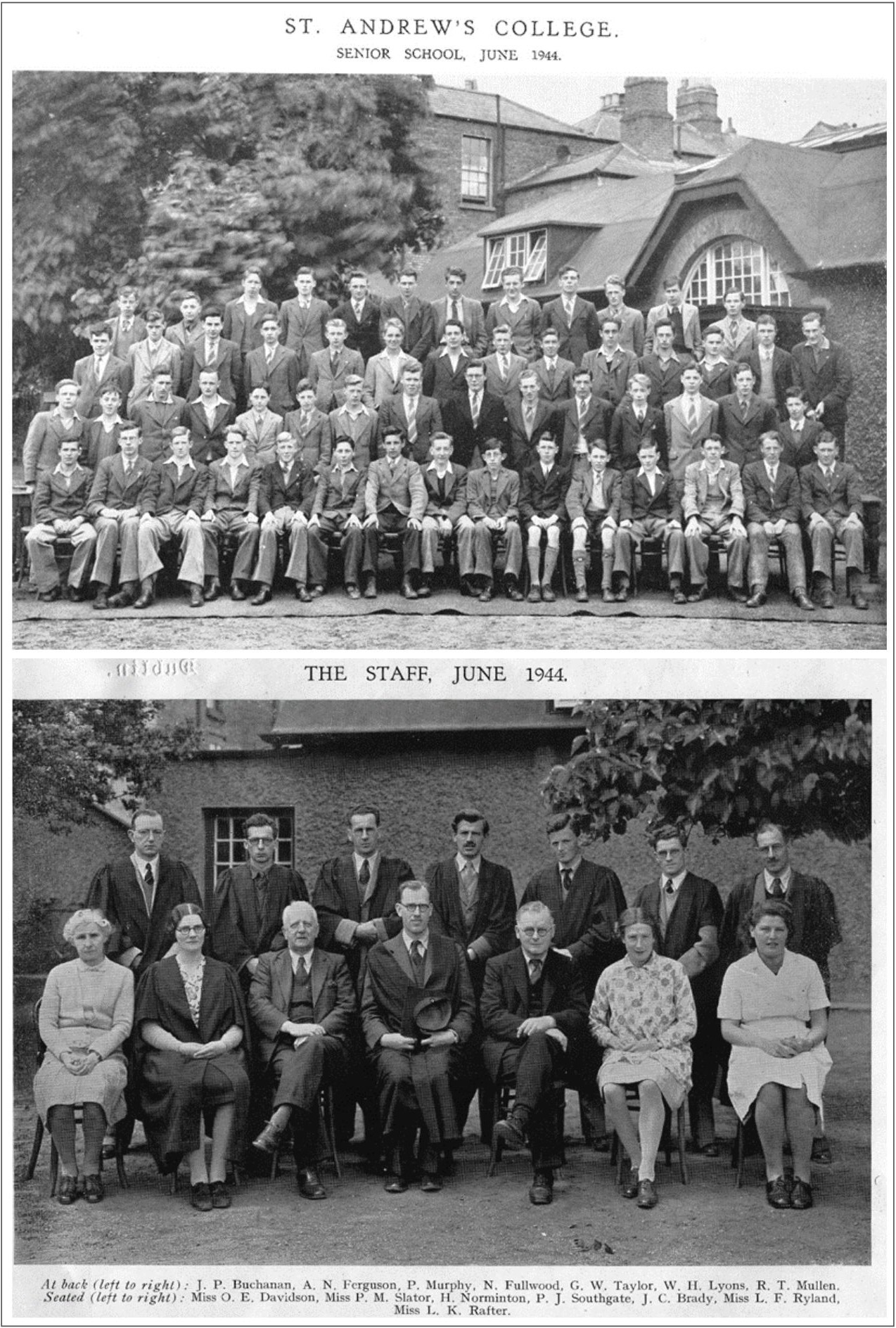
1968
The School’s present site in Booterstown is acquired from the Sisters of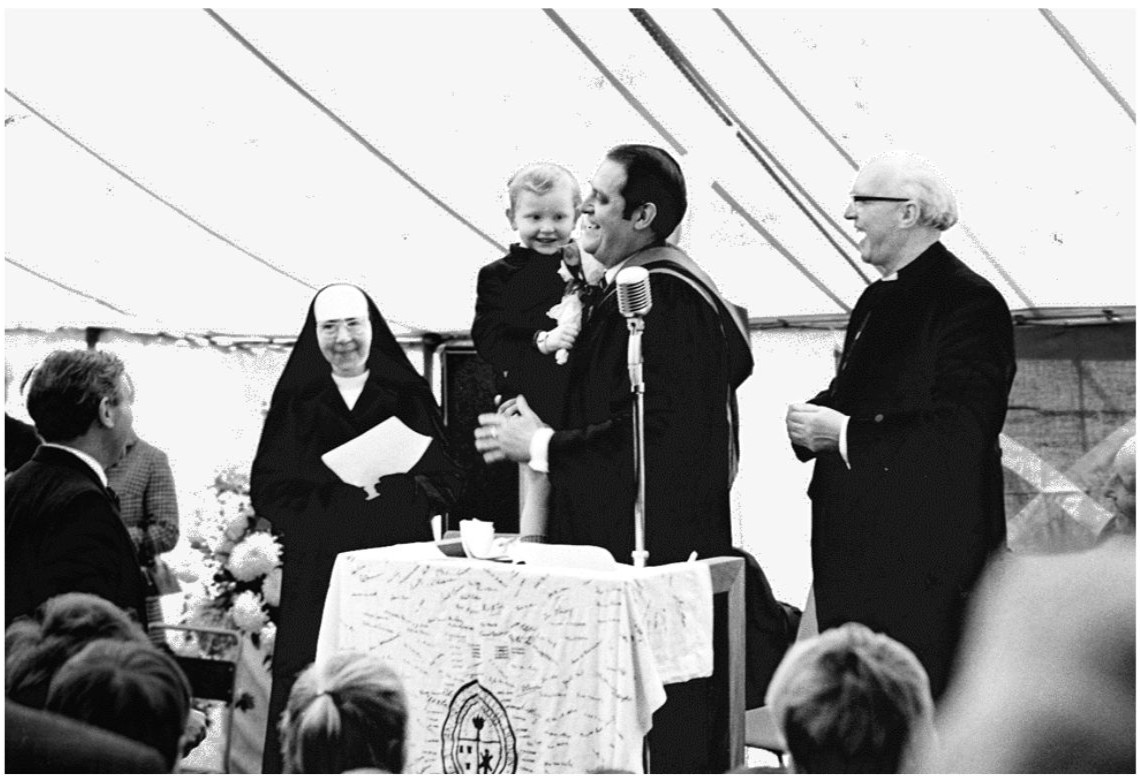 Mercy.
Mercy.
1969
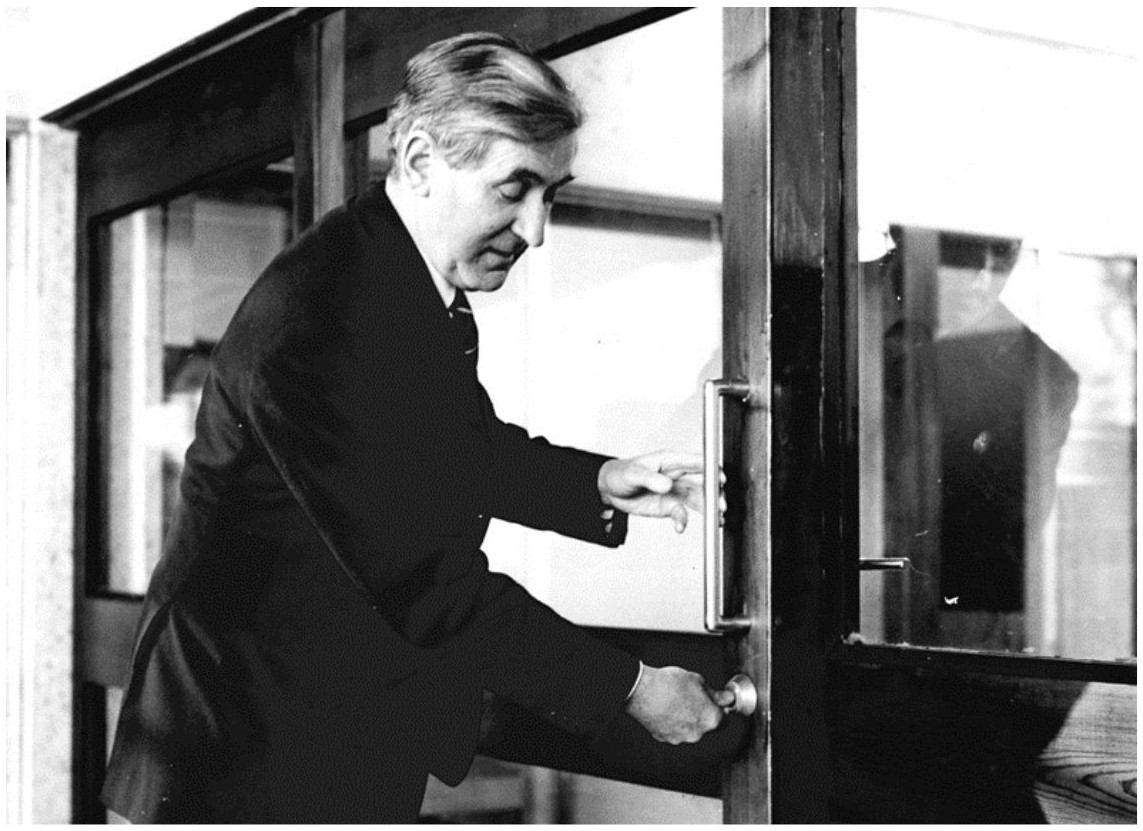 A Fundraising appeal for £100,000 is launched in 1969, under the stewardship of Lyal Collen: past pupil, Board Member and Honorary Secretary of the College Building Project. Mr Collen’s untiring commitment, professional expertise and business acumen become the foundations of the success of the College today.
A Fundraising appeal for £100,000 is launched in 1969, under the stewardship of Lyal Collen: past pupil, Board Member and Honorary Secretary of the College Building Project. Mr Collen’s untiring commitment, professional expertise and business acumen become the foundations of the success of the College today.
1971
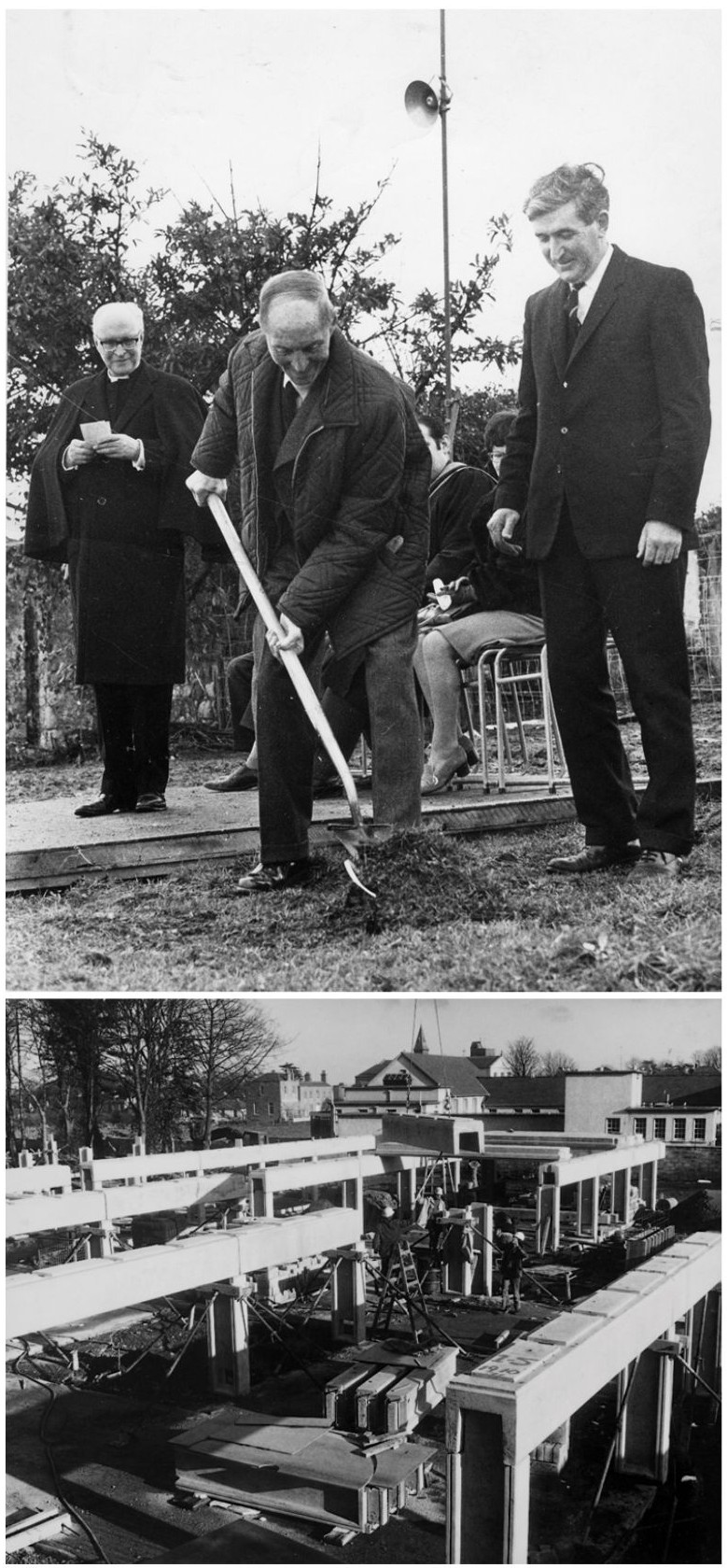 The first sod for the Booterstown campus is turned by Mr William Nesbitt, one of the 64 pupils attending the College on its opening day in January 1894.
The first sod for the Booterstown campus is turned by Mr William Nesbitt, one of the 64 pupils attending the College on its opening day in January 1894.
1973
The Booterstown campus opens for lessons in January, with girls – 12 in all – attending for the first time in September of that year.
1983
Houseroom Area 5 opens in response to a need for a Computer Room, a Home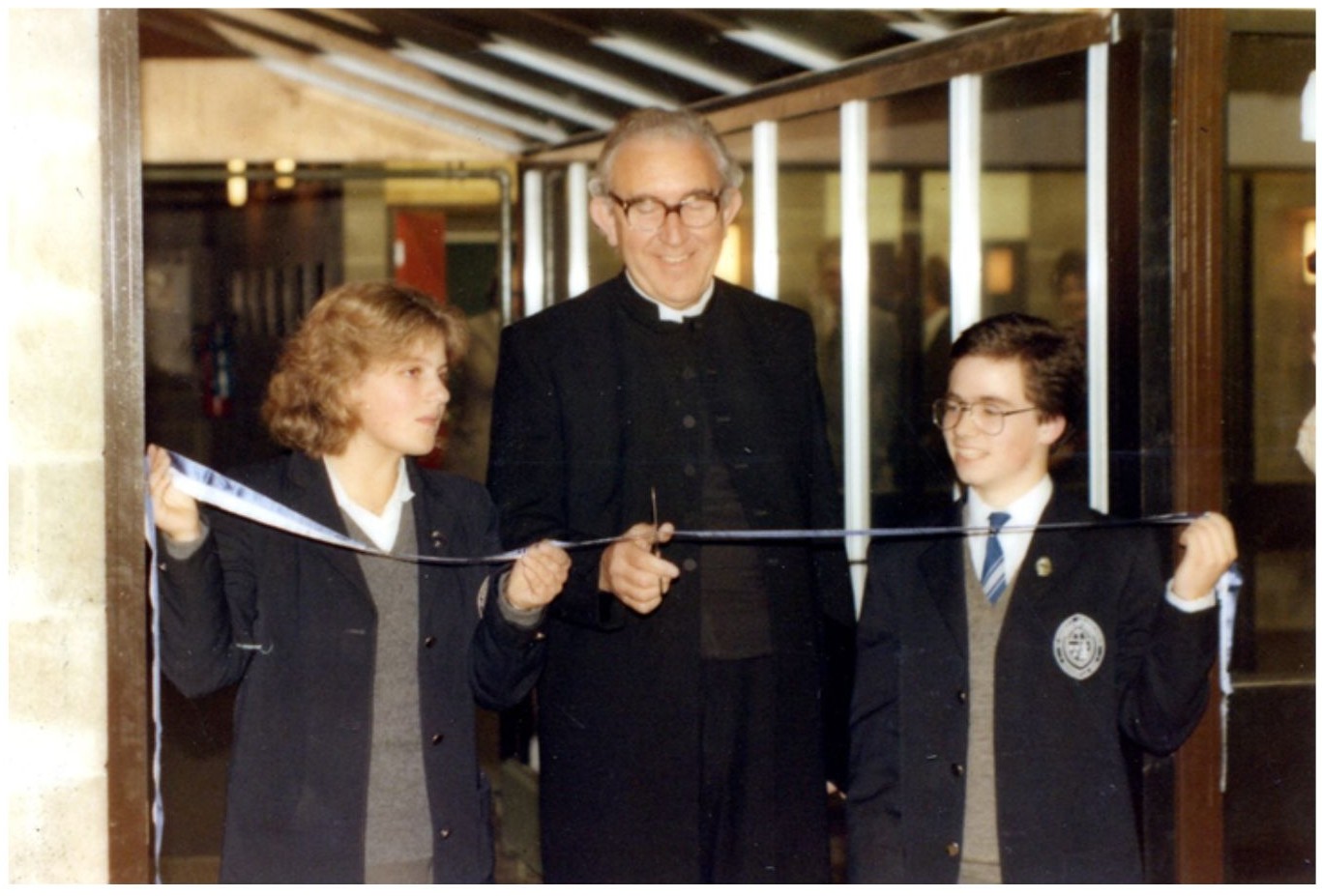 Economics Unit, Cloakrooms and Changing Rooms.
Economics Unit, Cloakrooms and Changing Rooms.
1985
The International Baccalaureate Programme is first offered in the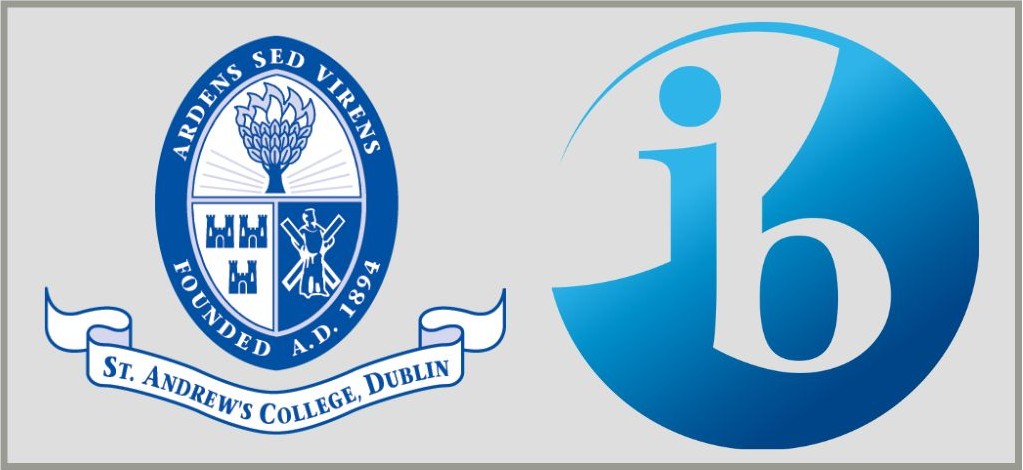 College in September.
College in September.
1988
The first St Andrew’s International Model United Nations (SAIMUN) takes place.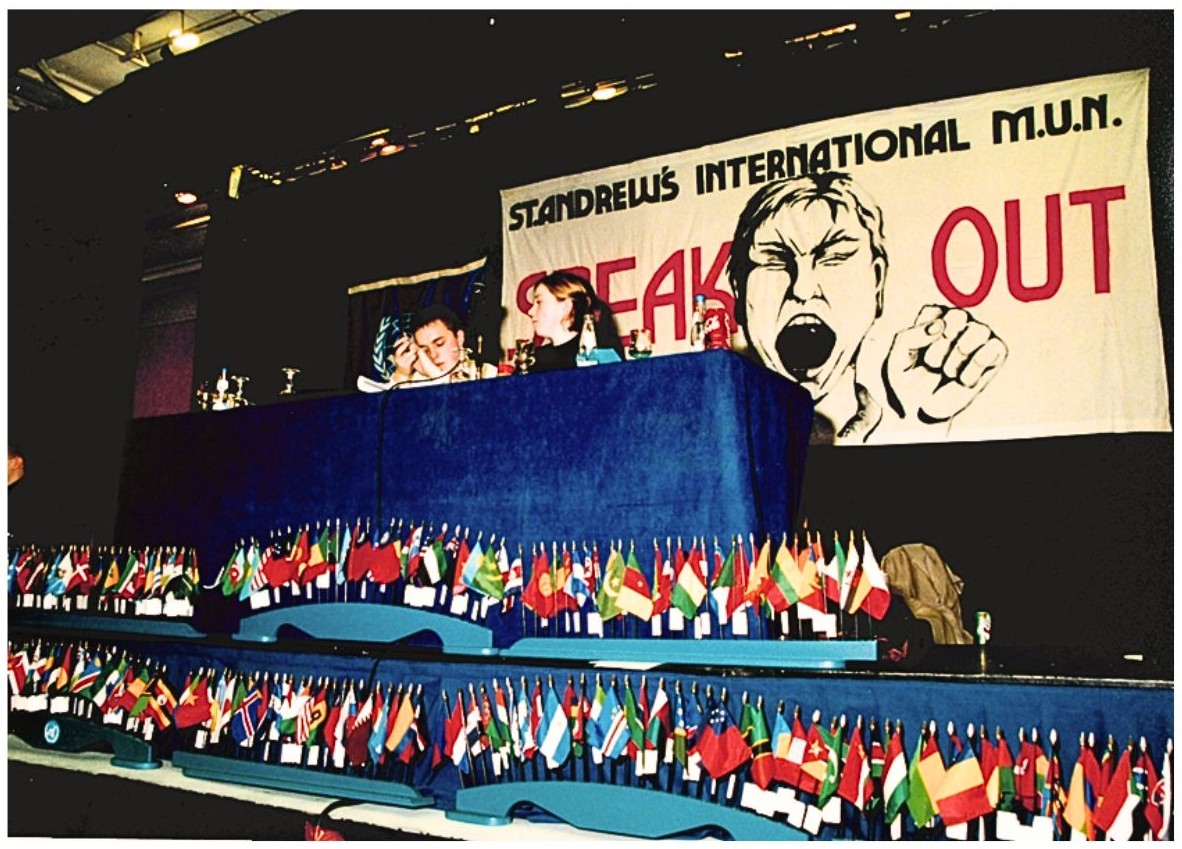
1989
With the help of a fundraising campaign by the Past Pupils body, the Sports Hall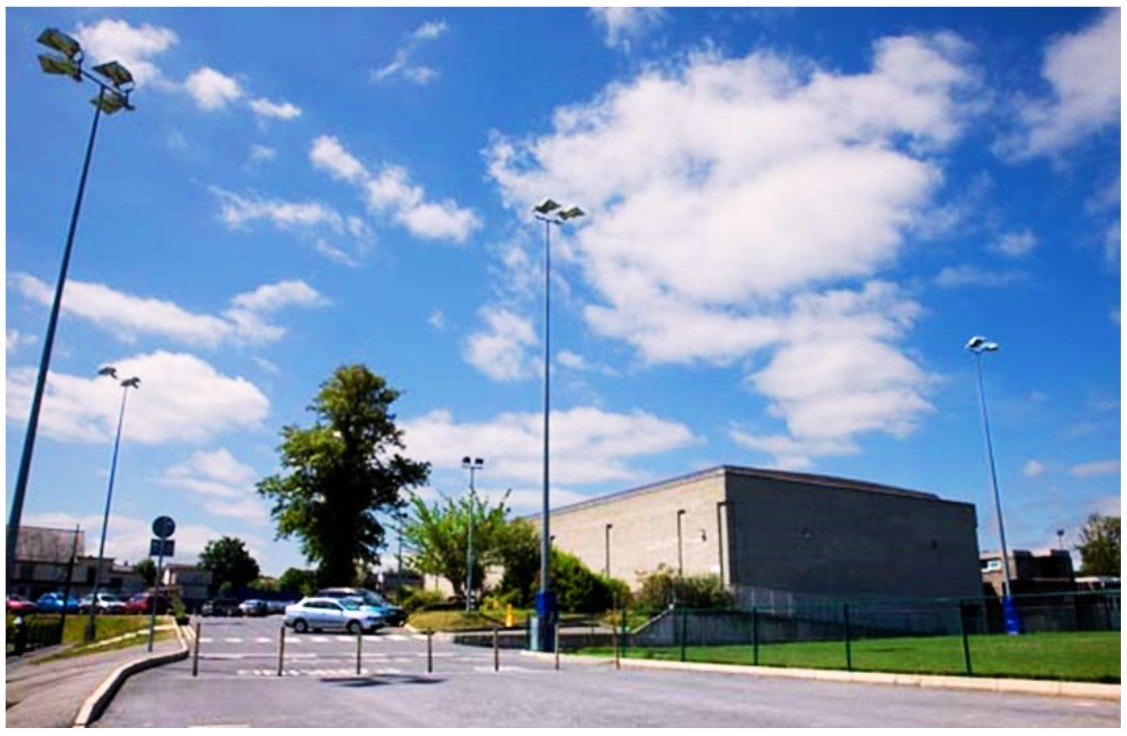 opens in September.
opens in September.
1991
Arthur Godsil is appointed Headmaster. Mr Godsil joined the College in 1977 as a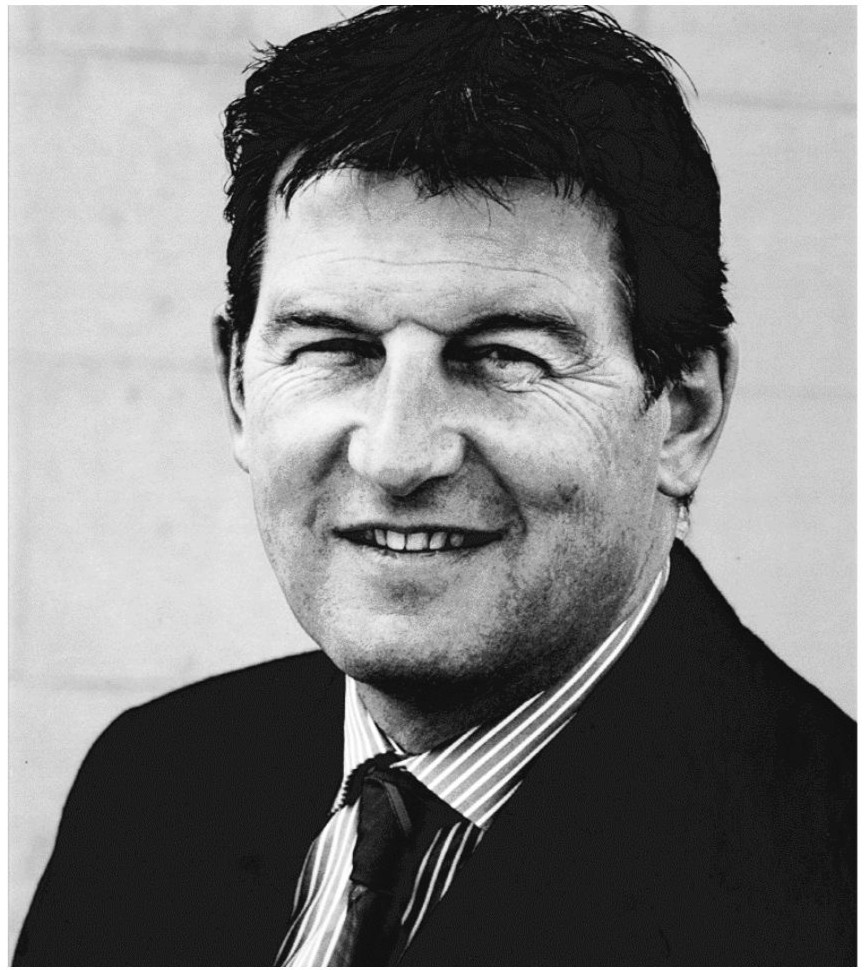 teacher of History and English.
teacher of History and English.
1993
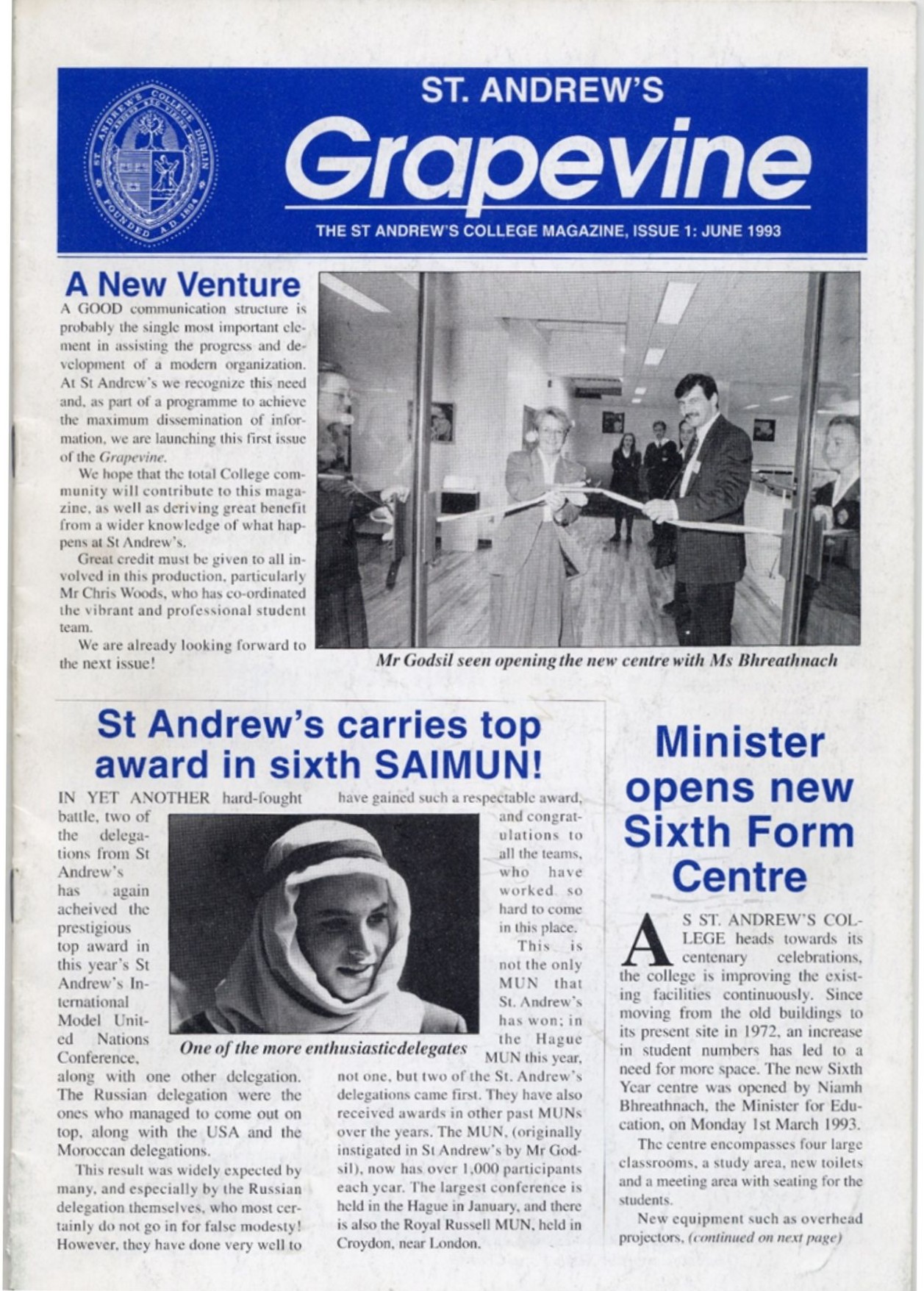 The new Sixth Form Centre is opened by the Minister for Education, Niamh Bhreathnach The first edition of the popular Grapevine Magazine is published.
The new Sixth Form Centre is opened by the Minister for Education, Niamh Bhreathnach The first edition of the popular Grapevine Magazine is published.
1994
St Andrew’s College celebrates its centenary with a series of events.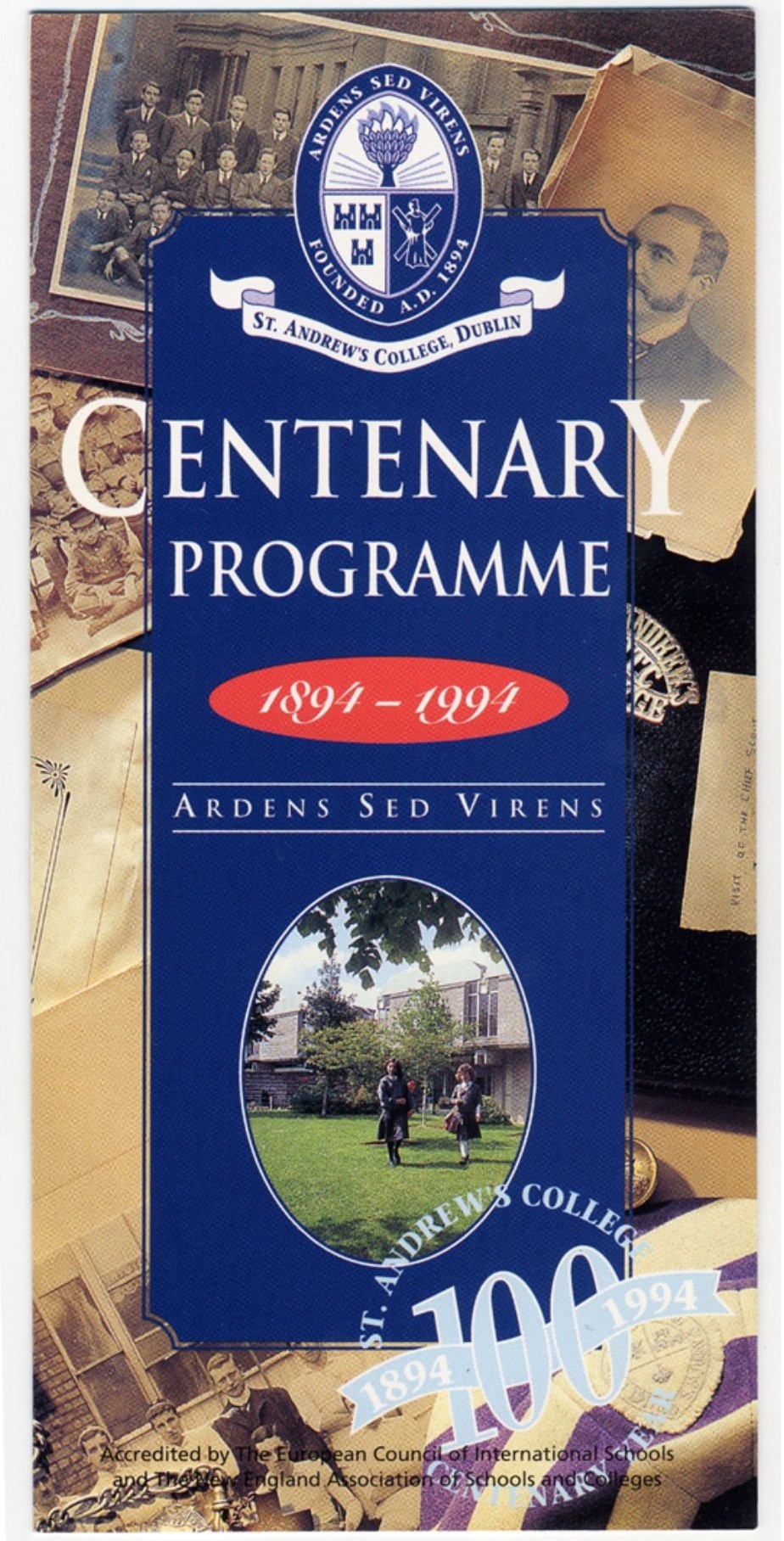
1995
The College closes its Boarding Department.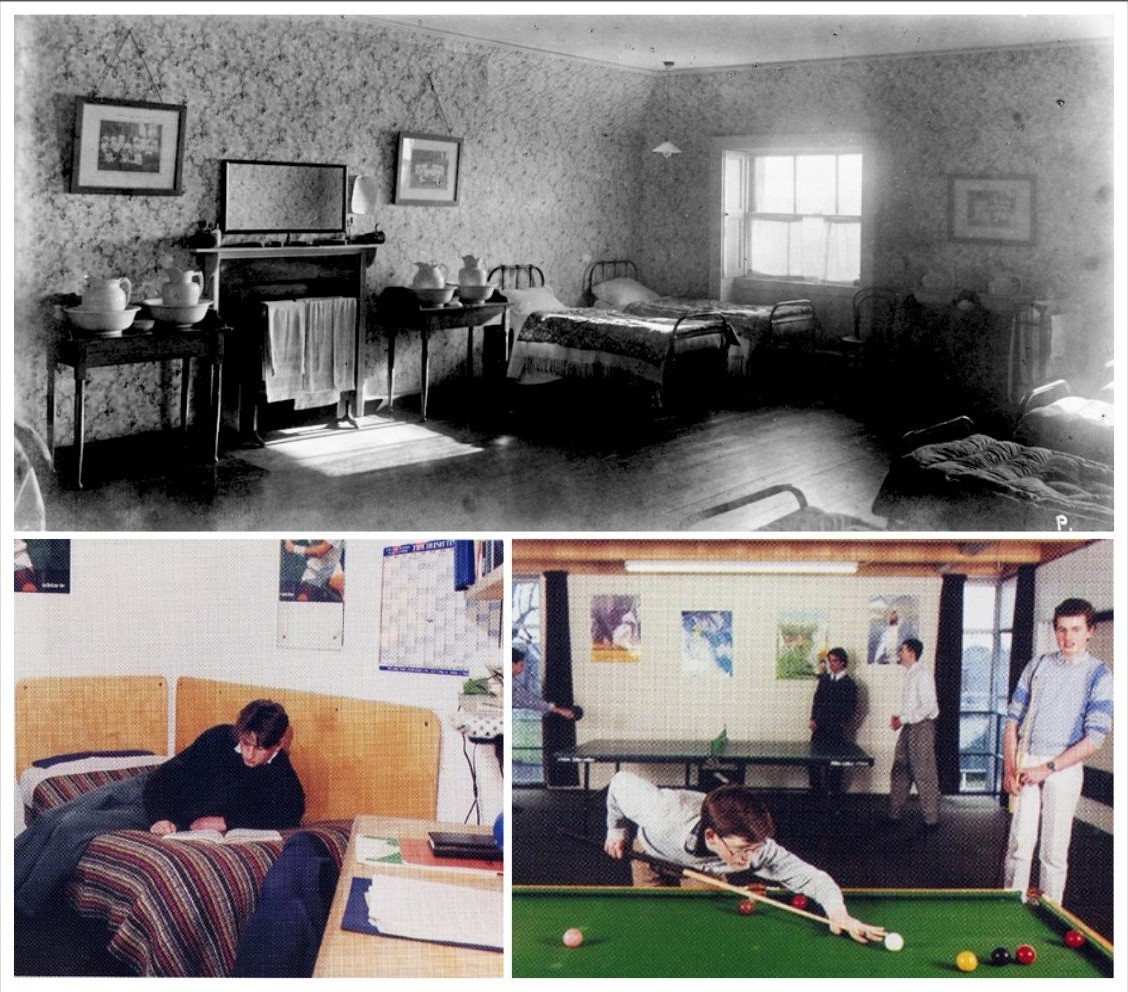
2001
Tommy Allen, SAC’s first international hockey player, opens the two new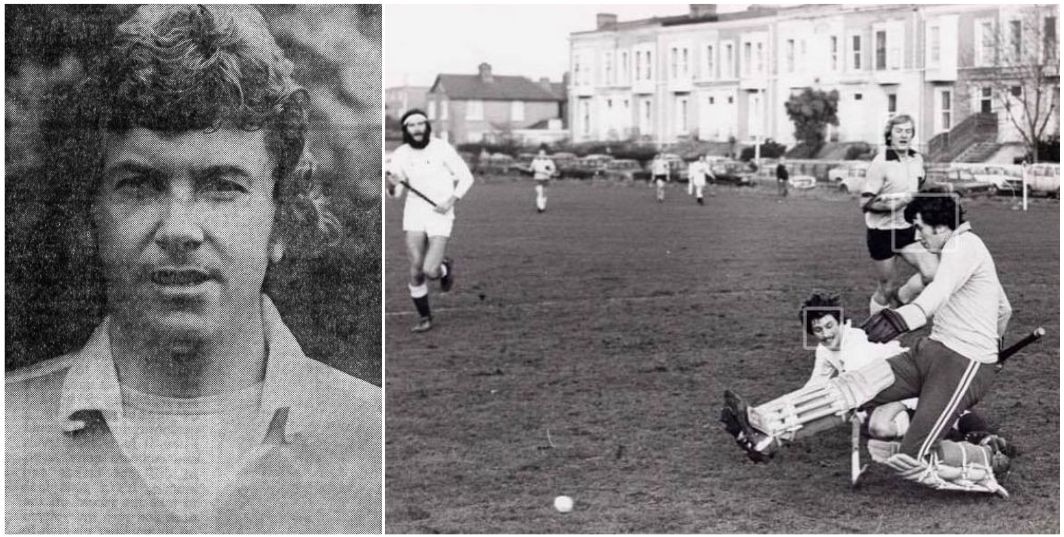 Astroturf pitches.
Astroturf pitches.
2005
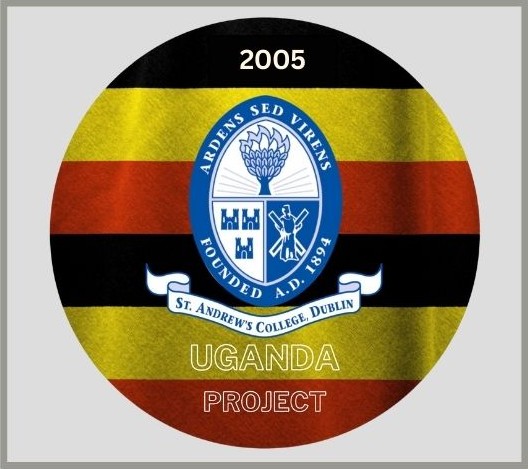 Transition Year Students make the first SAC trip to Uganda.
Transition Year Students make the first SAC trip to Uganda.
2010
The Collen Building is opened in September by Mr Niall Nelson, then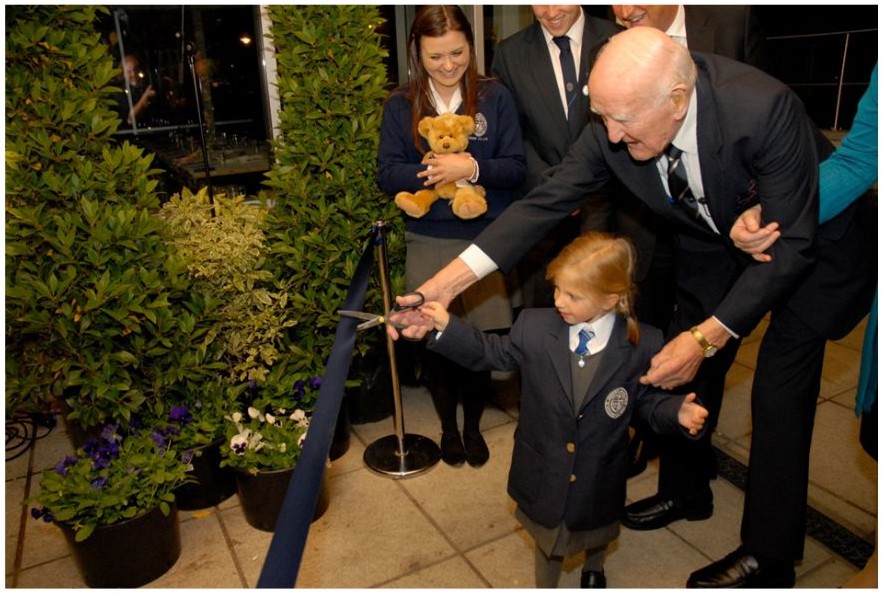 believed to be our oldest past pupil, and Carlota Carioni, our youngest K1 student.
believed to be our oldest past pupil, and Carlota Carioni, our youngest K1 student.
2014
 Peter Fraser is appointed Headmaster, joining the College from Colston’s School in Bristol.
Peter Fraser is appointed Headmaster, joining the College from Colston’s School in Bristol.
2016
On Peter Fraser’s departure due to ill-health, Deputy Principal, Joan Kirby, became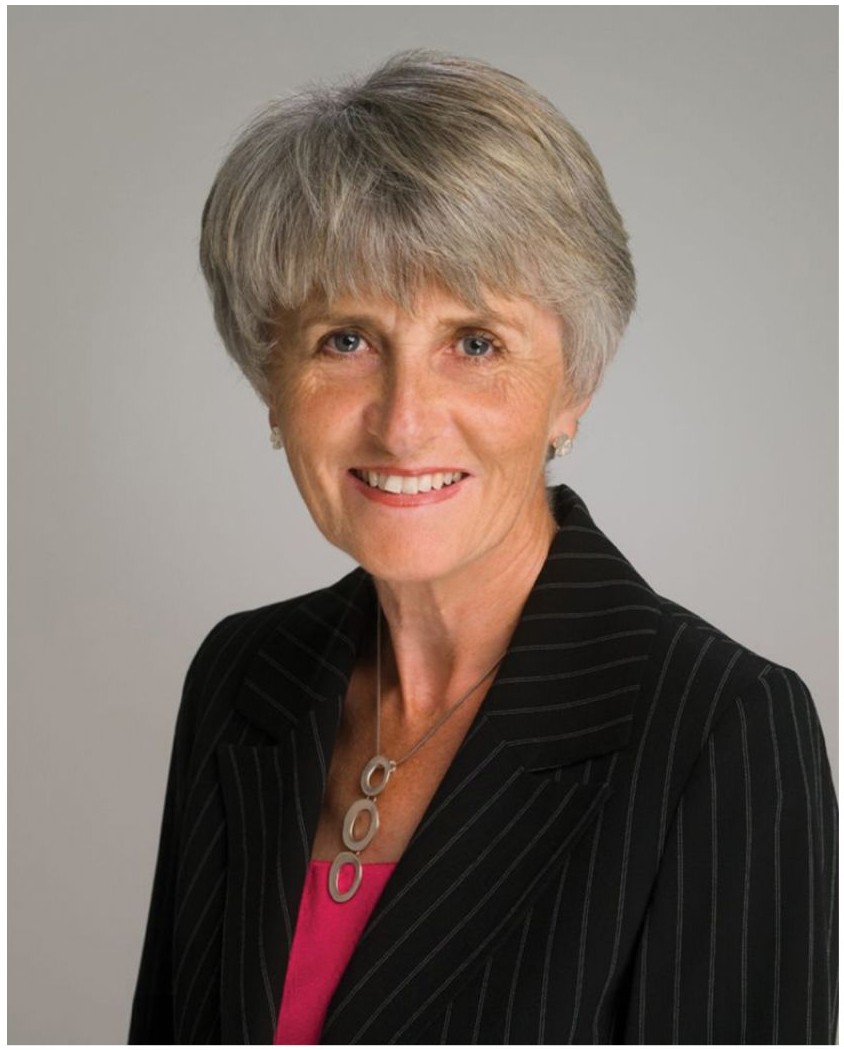 Acting Principal, and shortly after that, Principal. Miss Kirby (then Miss Burke) had joined the teaching staff of the school in 1977. Miss Kirby is the first woman to hold the position of Principal of the College.
Acting Principal, and shortly after that, Principal. Miss Kirby (then Miss Burke) had joined the teaching staff of the school in 1977. Miss Kirby is the first woman to hold the position of Principal of the College.
2020
Louise Marshall, a native of County Down, becomes the tenth College Principal, having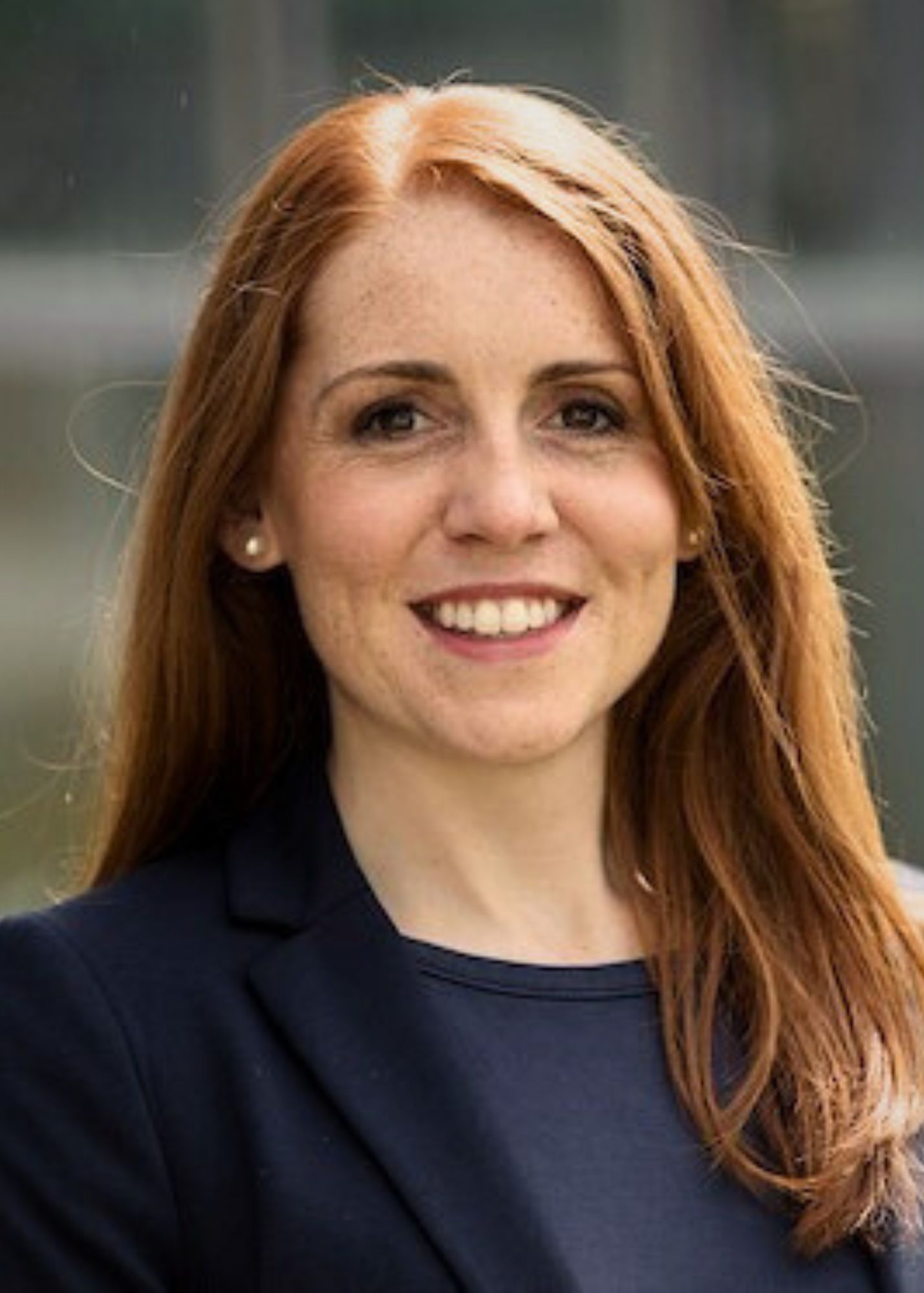 been the Deputy Principal of The King’s Hospital School in Palmerstown.
been the Deputy Principal of The King’s Hospital School in Palmerstown.
2023
The College welcomed Group Captain John Hemingway to the school, 104,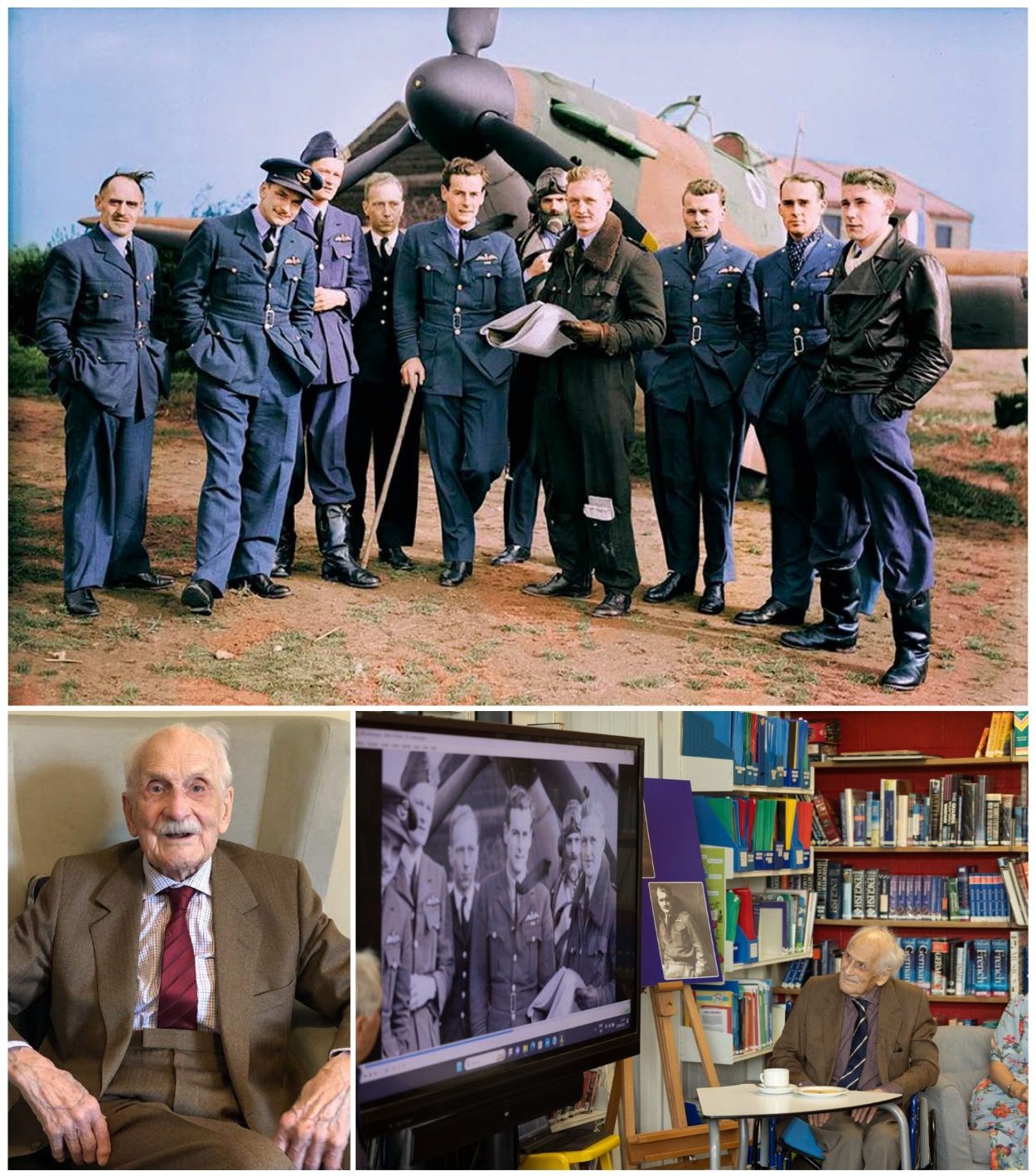 the oldest known surviving past pupil. John is also the last surviving RAF pilot of the Battle of France and of the Battle of Britain - one of “the few”, as Churchill termed the young pilots in his famous speech. Students were captivated by John’s remarkable story.
the oldest known surviving past pupil. John is also the last surviving RAF pilot of the Battle of France and of the Battle of Britain - one of “the few”, as Churchill termed the young pilots in his famous speech. Students were captivated by John’s remarkable story.

